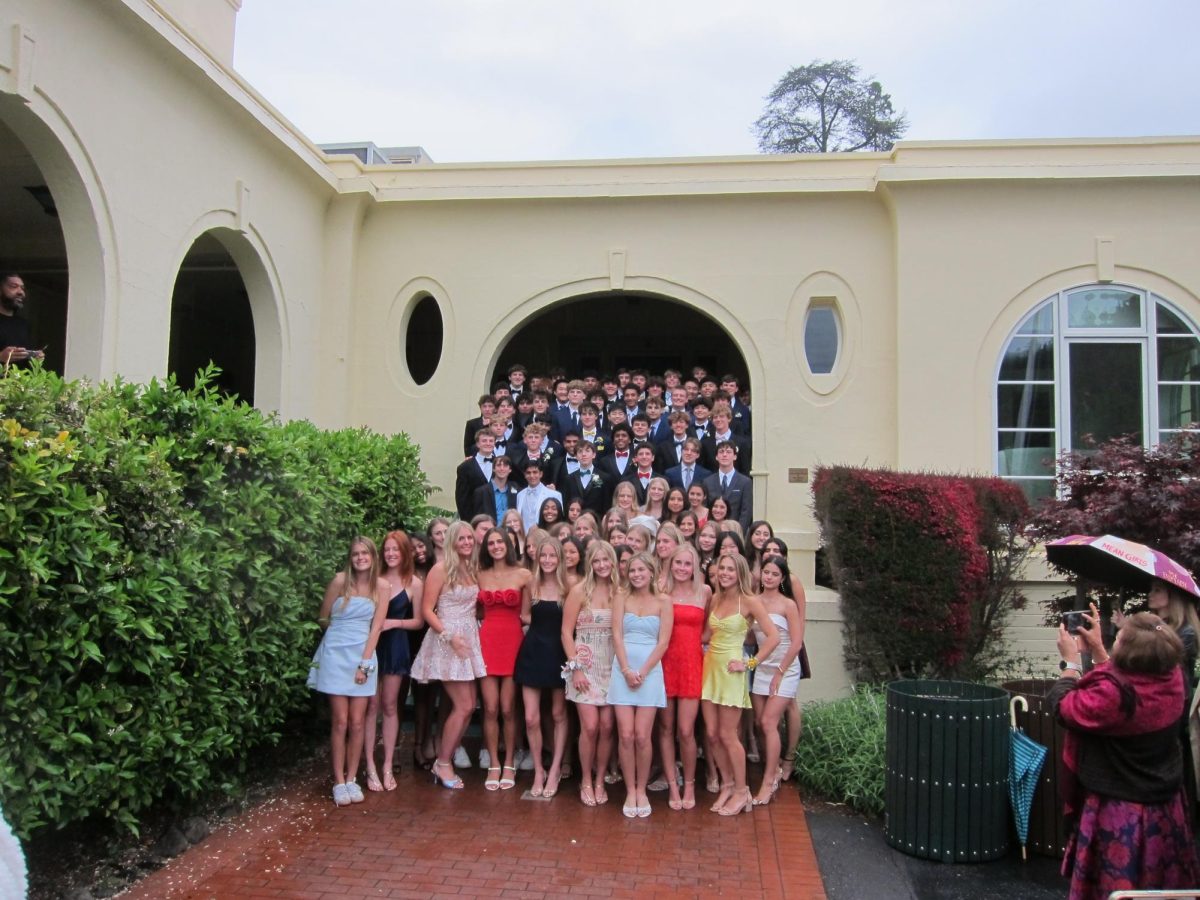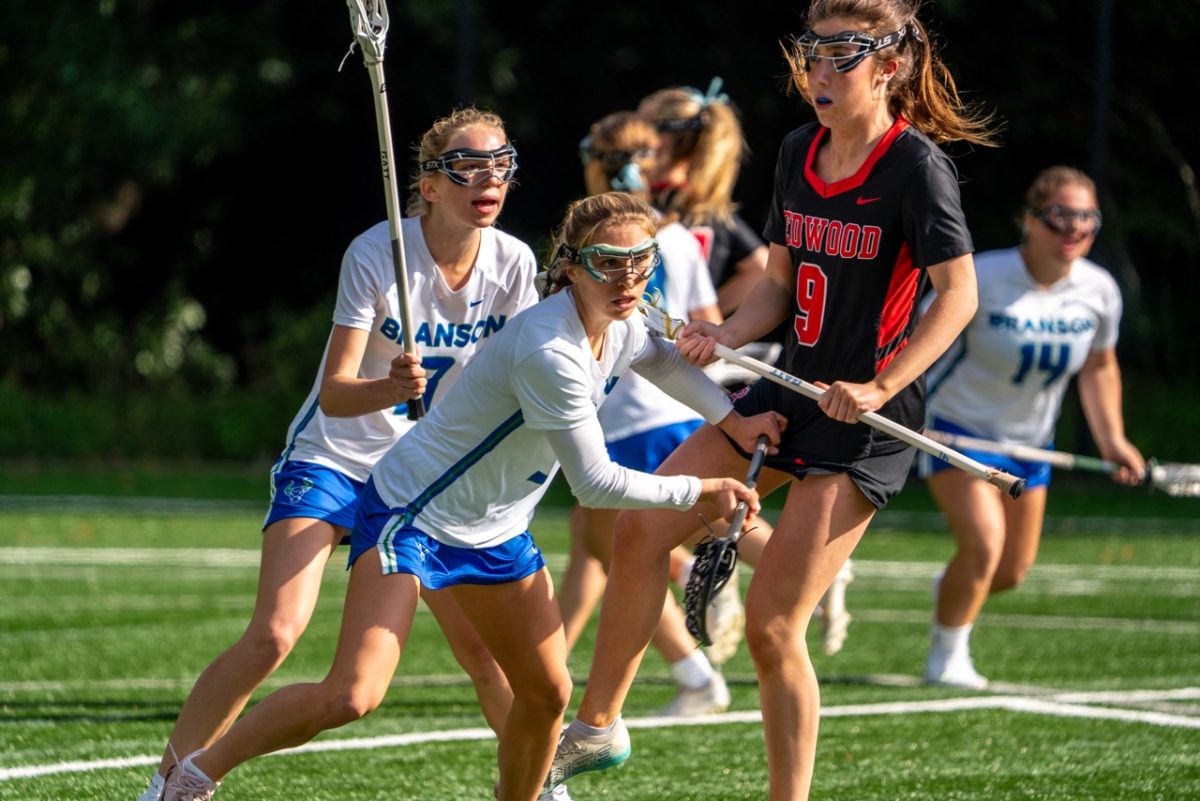Media Literacy Week at Branson is a time for students to reflect on themselves as digital media consumers and learn how to improve their literacy skills.
Over the week of Oct. 23, participating students completed challenges and activities that taught them how to safely navigate digital media consumption.
Charlotte King-Mills, Branson’s librarian and digital literacy specialist, said this includes “laterally reading, checking for bias, fact-checking our sources, trying not to be manipulated by deep fakes and artificial intelligence, which can unfortunately be a huge component of the media that we absorb.”
While many consider themselves to be media literate already it is important to remain current in a constantly changing media landscape.
“If you practice the skills of being media literate, it gives you a better sense of agency. It helps you think about the things that you can help change in this world that you don’t agree with,” King-Mills said.
History teacher Malik Ali emphasized the importance of remaining up-to-date with on digital literacy.
“Media literacy is always an ongoing practice,” he said. “It is never a place where we’ve entirely arrived because the media is constantly evolving, so our literacy has to evolve as well. It’s a practice, not a content that you hold and preserve all at one time.”
Society has fallen into the habit of misplacing trust in everything that is seen online, and this is not a high school-specific issue; it is a global crisis.
“I think it’s a problem nationally, not just at Branson,” King-Mills said. “I think people needing to lean into being media literate is something we all need to practice.”
Many young adults around the world believe that what is learned through social media is fact. However, it’s important to fact-check so that the web of misinformation doesn’t spread further.
“For a lot of teenagers, there is the assumption that you are all media literate because you are doing all the things in the world of media,” said Ali. “You are consuming so much media that people can confuse their high consumption of it with high literacy about it.”
It is important to remember that especially high schoolers are particularly vulnerable to the dangers of bias and disinformation on social media.
“You all are digital natives, born into a world with high-speed internet,” said Ali. “[Digital media is] the water you swim in, the air you breathe.”




